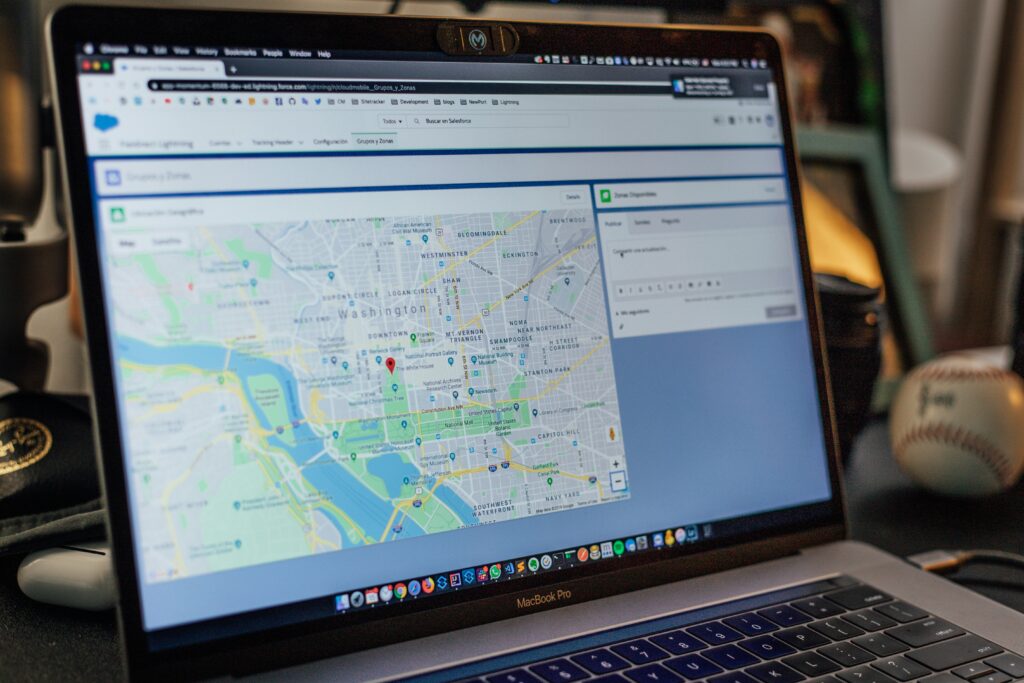Maybe you were adopted and have always wondered about your birth parents. Maybe you were raised by your grandparents and they have since passed away, and you’re curious about your other relatives. You may just want to build your family tree and find out more about your ancestors. Whatever your reason, searching for a long-lost family member can be a challenging but ultimately rewarding experience. It can be a challenge to find someone you haven’t spoken to or seen in a long time, but it can be done, and there are more tools available than ever before. If you’re not sure where to start, read on to learn how to go about finding long-lost family members.
How do you go about finding long-lost family members?

There are several things you can do to increase your chances of finding your relative. First, try to gather as much information as you can about them. This includes their full name, date of birth, place of birth, and any other identifying information you can think of. If you have any old family photos or letters, be sure to bring them with you when you go to search for your relative. They may not be able to provide you with any new information, but they may be able to identify someone in the photos or tell you more about your family history.
You can use the information and personal details that you have to look for more information by using Free People Search. The engine will then return results that include the person’s name, address, phone number, and other details. If the person you are looking for is listed in public records or has a profile on a social media site, the free people search engine will likely return this information. These services are designed to help you find the contact information for the people you’re looking for, so you can get back in touch.
Social media can also be a valuable tool for reconnecting long-lost families. You can even join online communities or groups that are dedicated to reuniting families. These communities can be a great resource for finding lost family members, sharing information, and networking with other people who are also looking for family members.
What should you do to prepare for a reunion?

A reunion with a long-lost member of your family can be a joyful but also nerve-wracking event. Before the reunion, it might be useful to do some research on them. This could include finding out as much as you can about their life, their family, and their interests. You’re sure to have a lot of questions, so make a list of them in advance. This will help you make the most of your reunion time. Once you’ve figured out what you want to say and what you want to ask them, it’s time to start planning the reunion.
Remember that reuniting can be an emotional experience. You may feel happy, excited, nostalgic, or even sad. Be prepared for a range of emotions and be accepting of whatever you feel. If you’re not emotionally prepared, you may want to consider therapy before reuniting with someone. Therapy has proven to be extremely beneficial for people in a wide range of situations. You can talk to a therapist about your concerns. Additionally, your therapist can help you weigh the pros and cons of reuniting and can give you advice on how to handle the reunion.
It can be hard to find your long-lost family members, but it can be worth it. You may not know where to start, but the internet has made it more accessible to track down a member of your family even if you don’t have a lot of personal information. Although it can be difficult to find your distant relatives, for many people it’s worth it to build a relationship with them. It may take a lot of work to achieve your goal, but the feeling of finding them and finally being connected to them is priceless.

















